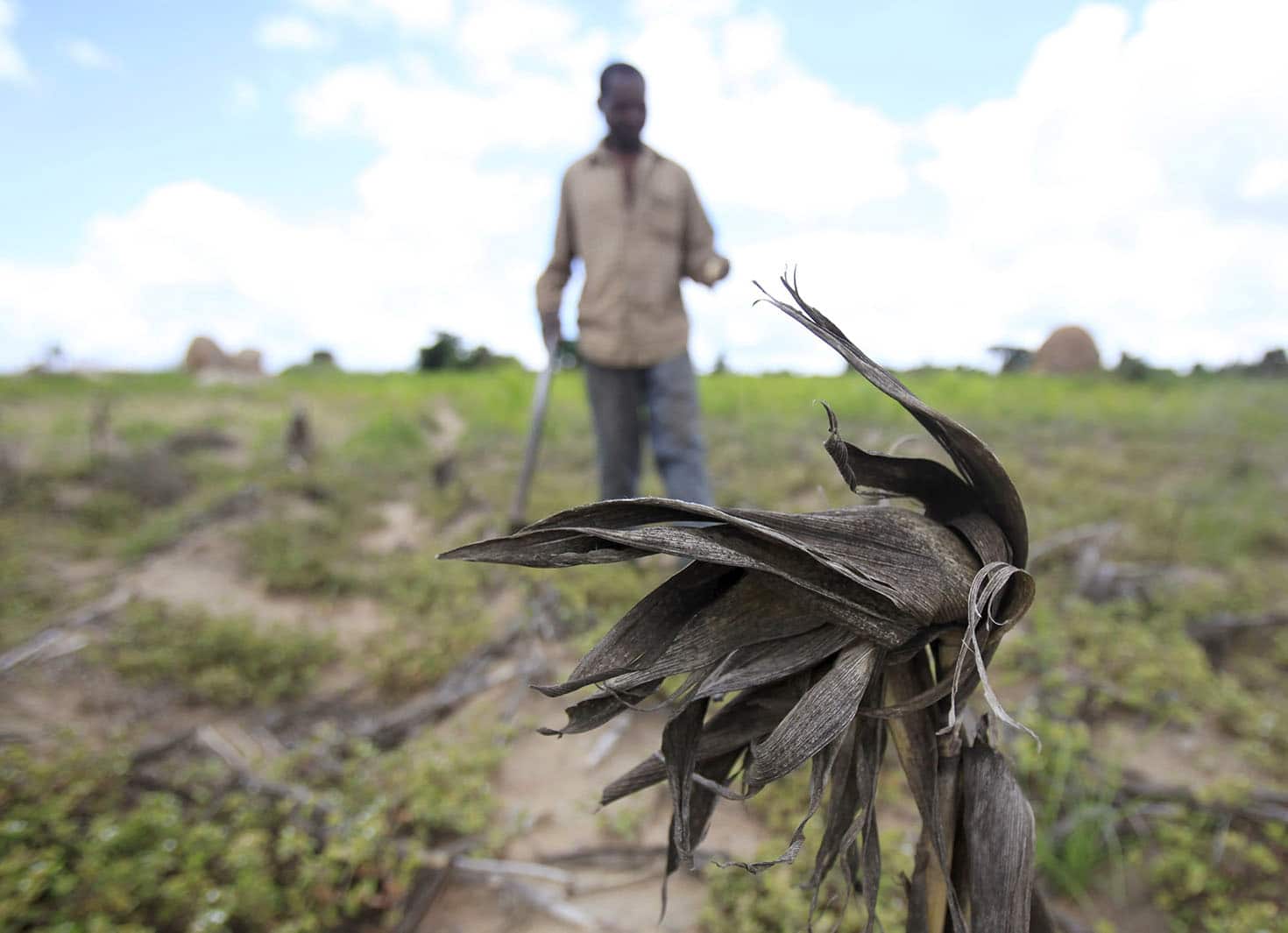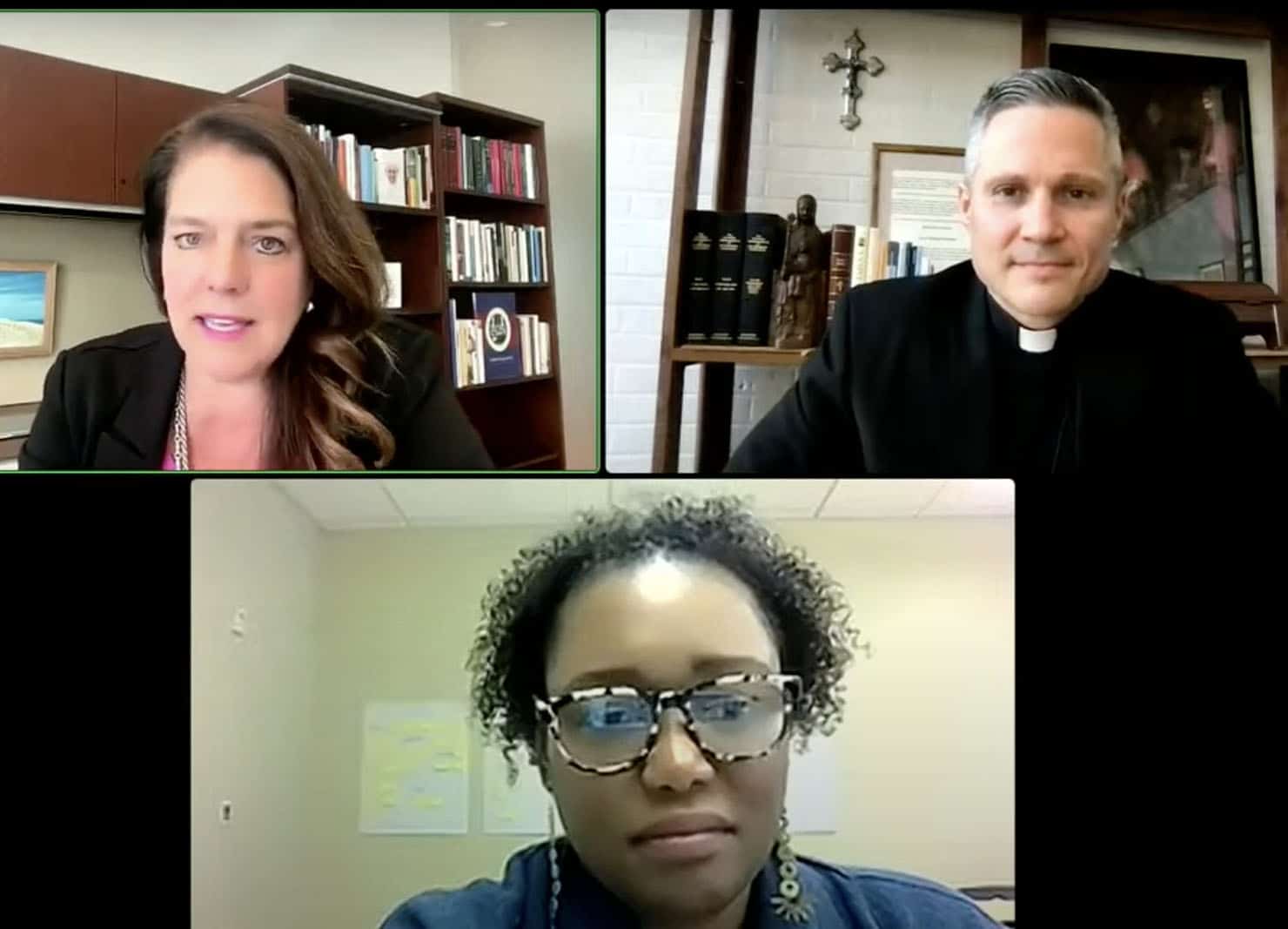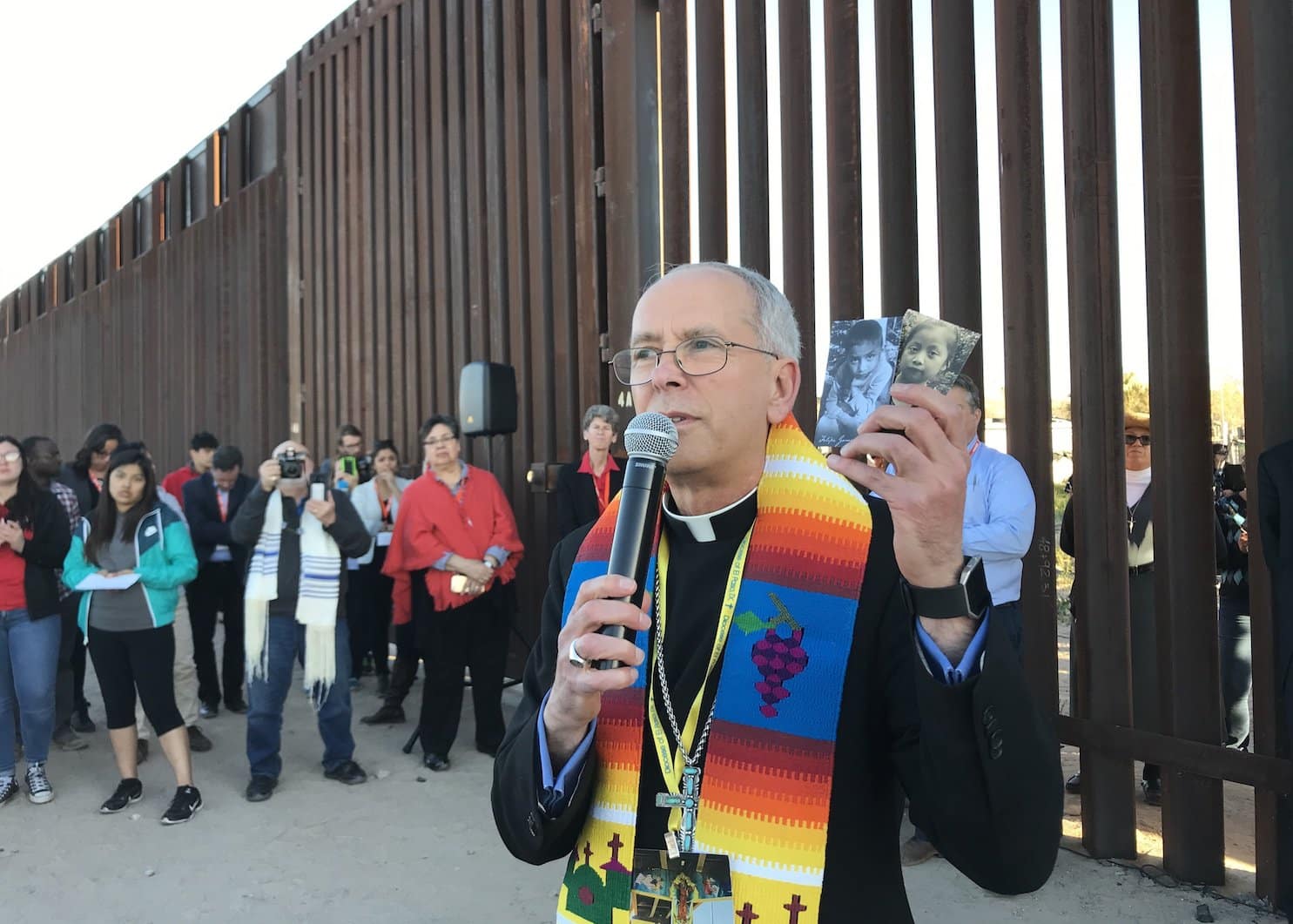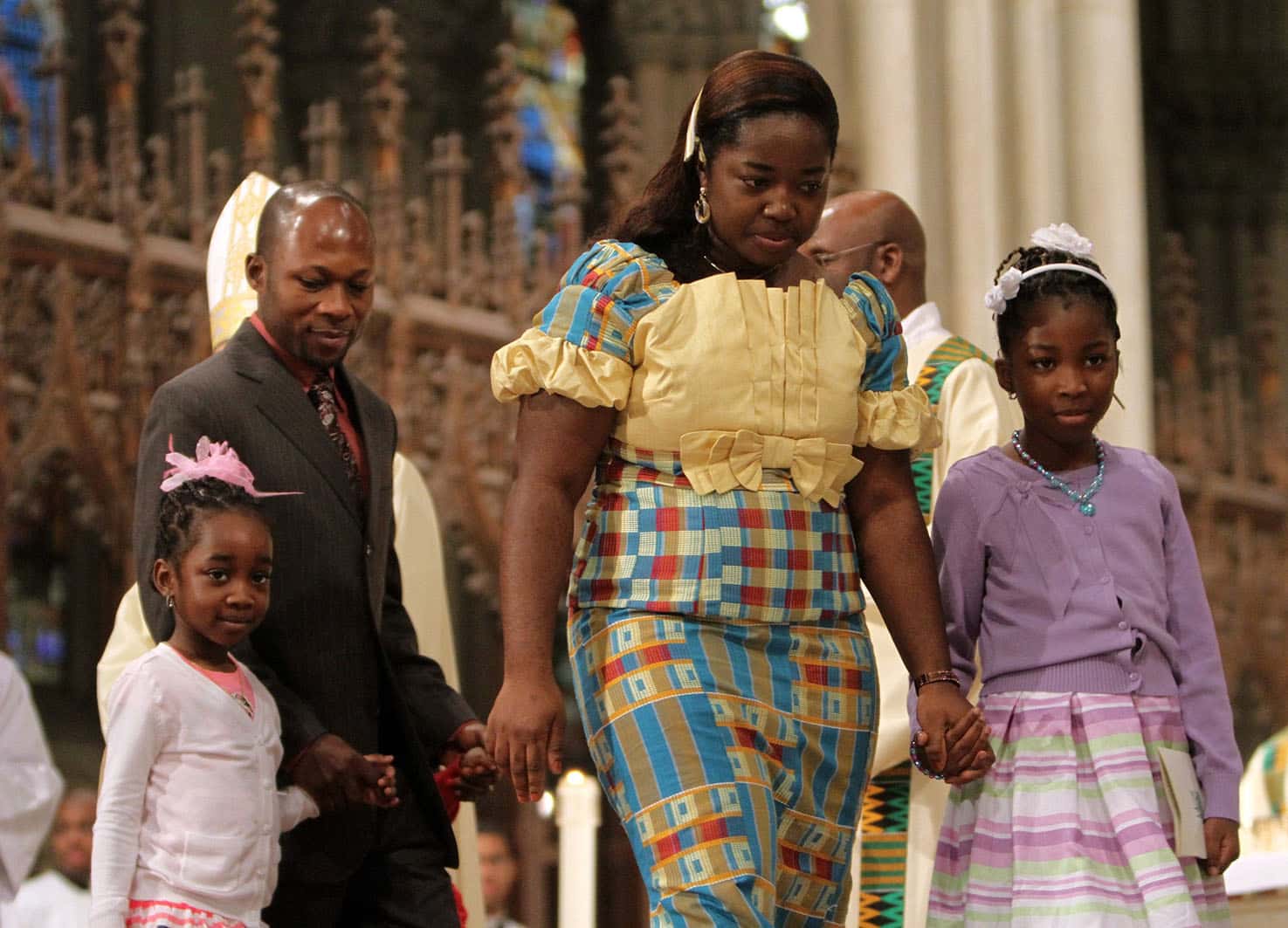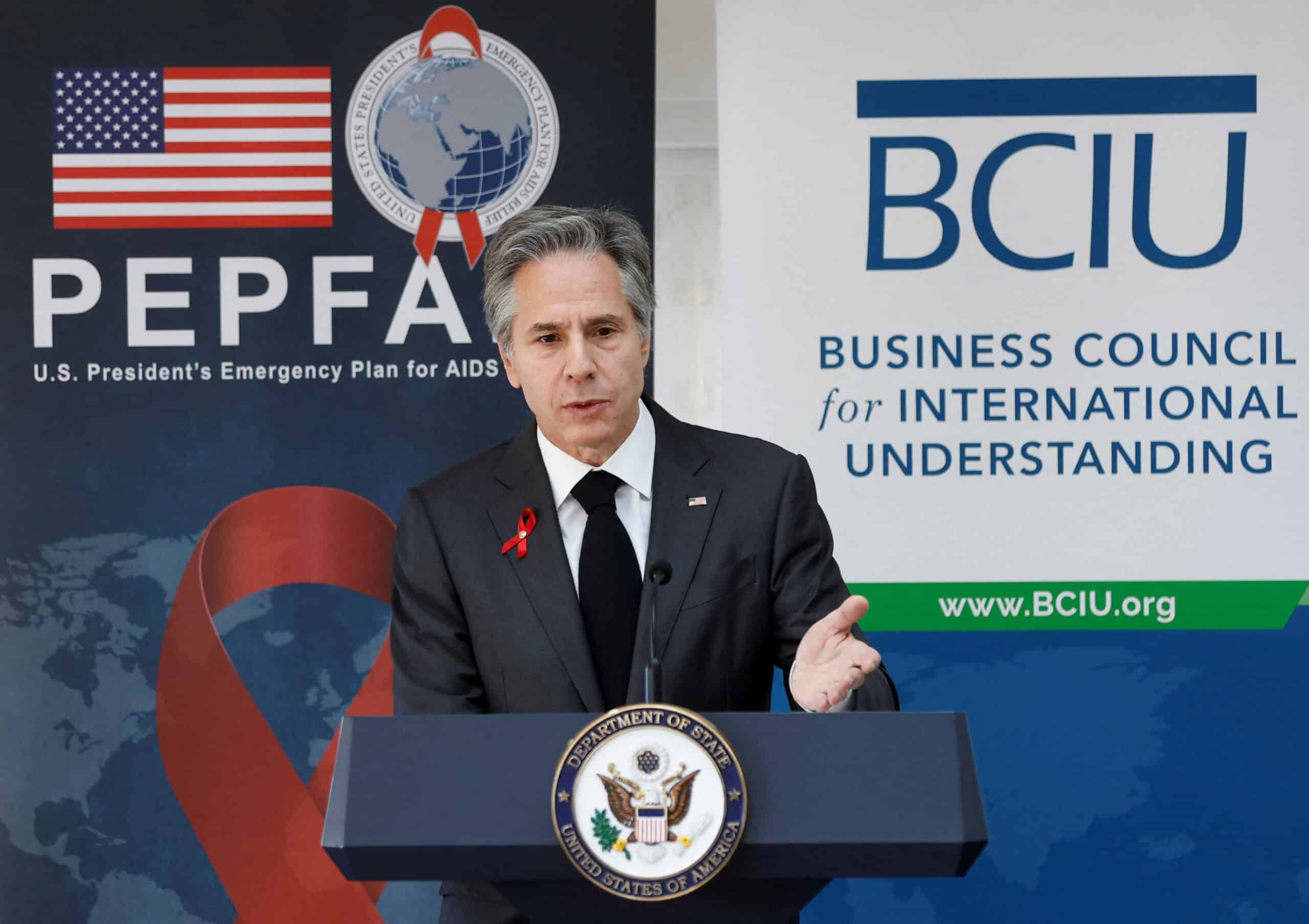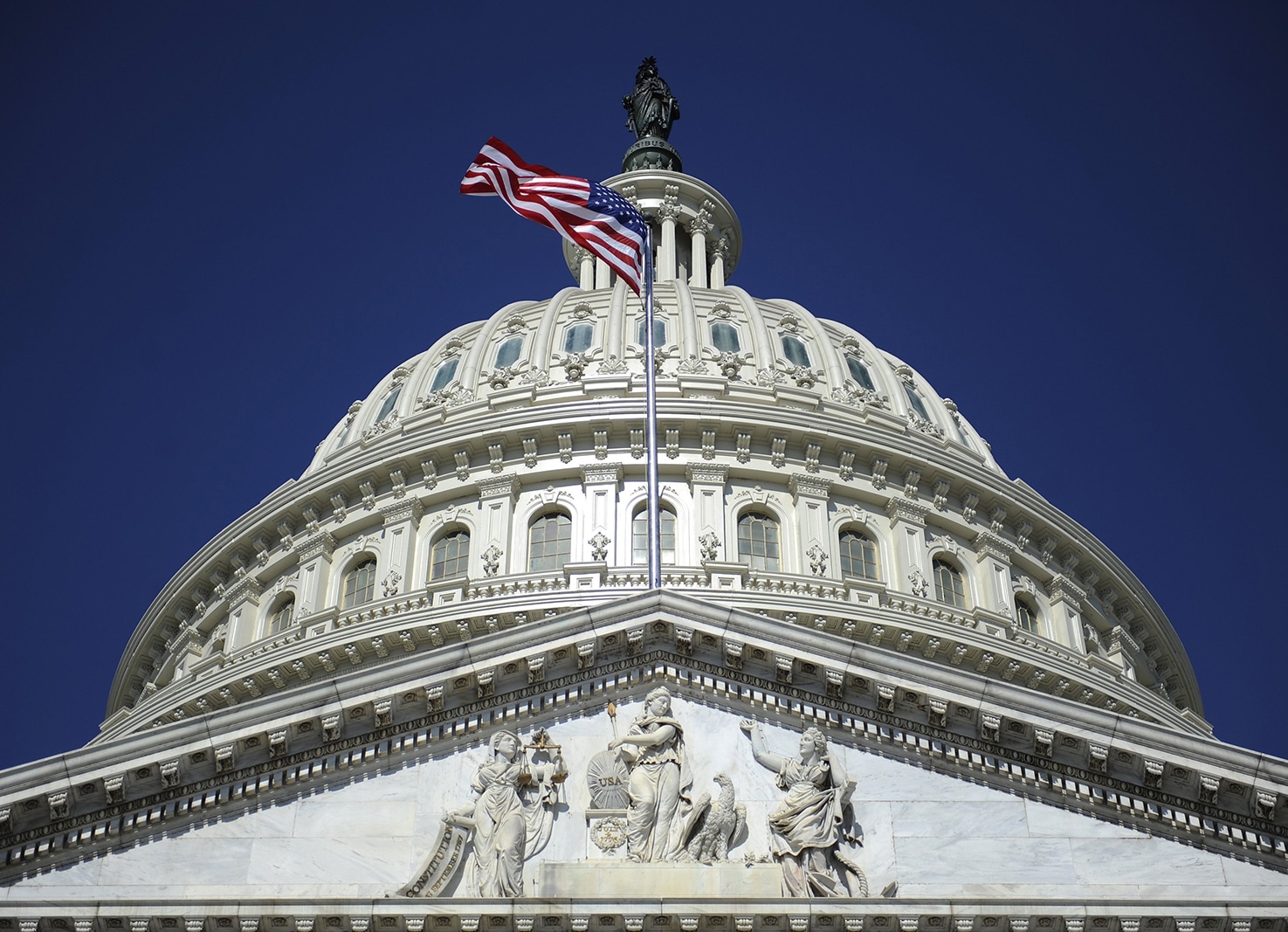WASHINGTON (OSV News) — Catholic and Christian groups joined together March 20 to discuss a faith-driven approach to solving problems associated with climate change in a panel discussion on Capitol Hill.
At the event sponsored by Catholic Relief Services, the offices of Sens. Bill Cassidy, R-La., and Tim Kaine, D-Va., National Latino Evangelical Coalition, National Association of Evangelicals, Evangelical Environmental Network, Laudato Si’ Movement, Kingdom Mission Society, Catholic Climate Covenant, Jesuit Conference Office of Justice and Ecology, World Relief and World Vision, participants discussed the need to help vulnerable communities adapt to changes in climate, and how faith communities are well-equipped to address that need.
The event brought together staffers from offices in both chambers and both main political parties. Amid a time of intense partisanship and polarization, some recent data indicates Republicans’ views on climate change have shifted, particularly among younger Republicans. According to the Pew Research Center, partisan differences over climate change “tend to be most pronounced when it comes to the perceived importance of the issue.”
United by concern for the poor
“There’s a bit more common ground when it comes to some specific policy proposals,” Pew noted in a March 1 analysis of survey data.
Speakers at the panel organized by CRS emphasized the importance of considering climate change in other areas of policy and decision-making, including steps to address water scarcity and agriculture challenges, and scaling up innovative climate-adaptive practices to help vulnerable communities. Faith communities’ concern for people in poverty, they said, can help overcome partisanship surrounding the topic of climate change.
Meghan Goodwin, senior policy and legislative specialist for CRS, said that “the Catholic faith considers reason, including both philosophy and science, as a crucial element in interpreting the scriptures to apply to the world today.”
Citing Pope Francis’ interpretation of Genesis in his encyclical on caring for creation, “Laudato Si’,” Goodwin said Pope Francis “calls us to remember the human face of the climate crisis.”
“He writes that we are faced with one complex crisis, which is both social and environmental. Strategies for a solution demand an integrated approach to combating poverty, restoring dignity to the excluded, and at the same time, protecting nature,” Goodwin said. “That is climate adaptation. It is responding to the needs of those experiencing poverty and the worst effects of climate change; for us to hear both the cry of the earth and the cry of the poor.”
Rising temperatures can contribute to drought, leading to food insecurity, and health issues by increasing the spread of disease, Goodwin said, all of which adversely impact human beings, particularly those in the developing world.
Biblical basis for care for creation
Galen Carey, vice president of government relations for the National Association of Evangelicals, argued that God’s concern for creation is evident from the Lord’s directive in the Bible that humans are to be stewards, not owners, of the world.
Care for creation also is tied to the biblical call to care for the poor, he said.
“In a world characterized by great disparities of wealth and power, special concern to those least able to adapt on their own is morally compelling,” Carey said.
Tanner Roark, senior technical adviser for sustainable livelihoods and resilience for World Vision, added that “a lot of times the people that are suffering the most from the negative impacts of climate change are the people that contribute the least to it, so that becomes a justice issue.”
“Climate change is pervasive,” Roark said. “It doesn’t fit into our nice, neat little boxes. It impacts health systems, it impacts economic systems, agri-food systems all over, so we recognize that we have to both work at the community level and at the systems level with governments as well.”

